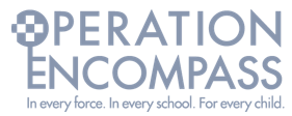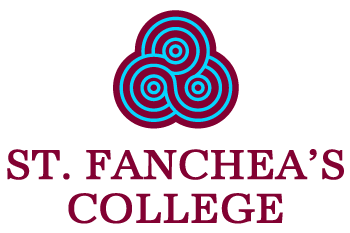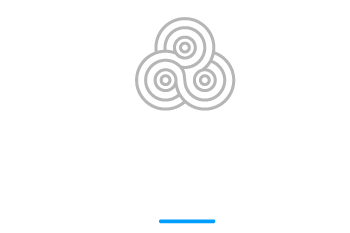The pastoral care of the pupil is at the heart of the ethos and curriculum of Saint Fanchea’s College and affects every aspect of its life. We believe that a happy pupil will be a successful pupil and we strive to make this a reality through our Pastoral Care System.
While every member of staff takes responsibility for the well-being of all pupils, the college also has staff with specific pastoral roles. The Form Teacher is the special caretaker of one particular class and its individual pupils. He/she aims to create a relationship with the class which will make each pupil feel secure, confident and at ease with him/her and with other members of the class. To help develop this special relationship, the Form Teacher takes the class for the Personal and Social Education Programme and for at least one other specific subject. The Form Teacher is also an important link between the pupil and the Principal, subject teachers and the home, especially if the pupil appears unsettled or unhappy, or difficulties arise over college work, attendance, behaviour or any other problem.
The Personal and Social Education Programme in Saint Fanchea’s College aims to develop each pupil’s potential and maturity. It is designed to help pupils understand and cope with the physical and emotional changes of adolescence and, through group work and discussion, to cultivate a sense of responsibility, co-operation, self-discipline and respect for the needs, feelings and opinions of others. The programme deals with a variety of topics and is delivered at different levels suited to the age and needs of the pupils. A Personal and Social Development Course takes place in June each year when various speakers are invited to address the pupils on issues relevant to their stage of development.
Saint Fanchea’s College is an Operation Encompass school. Operation Encompass is an early intervention partnership between local Police and our college, aimed at supporting pupils who are victims of domestic violence and abuse. This partnership enables our safeguarding team to provide immediate emotional support to pupils affected as well as giving the designated teacher greater insight into any wider safeguarding concerns.

Individual guidance is also available to pupils. This is normally provided by the Form Teacher. However, a pupil is free at any time to approach any member of staff for advice and help. The chaplain visits the college regularly, meets with pupils on a group or individual basis, officiates at college liturgies and participates in celebrations.
Counselling Services
Learning & Support
Learning support is provided by all teachers and a valued team of classroom assistants. Learning support across the college is co-ordinated by a member of staff. Support is provided in a number of ways depending on the individual need: in class, small group work, withdrawal from class and/or outside help. Parents and carers are kept fully informed of pupils’ progress. Pupils with English as an Additional Language (EAL) are welcomed and supported through the Pastoral Care System assisted by guidance from the SENCO coordinator. This year they are also supported by our Learning Support Teacher.
Pastoral Team
The Pastoral team within St Fanchea’s provide support, friendship and a listening ear for fellow pupils and work alongside teaching staff and pupils. The underpinning value of the work is to ensure that every pupil has a support network – someone they can talk to when they need help.
Pastoral team members:
Head Girls Deputy Head Girls
Grainne Duffy Cerian Rooney
Cainneacha Ferguson Paula McCool
Grainne McGovern
Senior Prefects
Anti-Bullying Ambassadors
Catholic Education
What is distinctive about Catholic Education is that faith in Jesus Christ is the centre point of all the pupil’s personal and intellectual development. There is no separation between faith and life. In Saint Fanchea’s, therefore, Religious Education is much more than a subject on the timetable. It permeates the whole life and ethos of the college and is expressed through the quality of relationships within the college community and the existence of proactive links with family and our local parishes. The Religious Education Programme taught in the classroom is based on the Diocesan Religious Education Programme and the requirements of the core syllabus laid down by the Department of Education and agreed by the main Christian churches.

